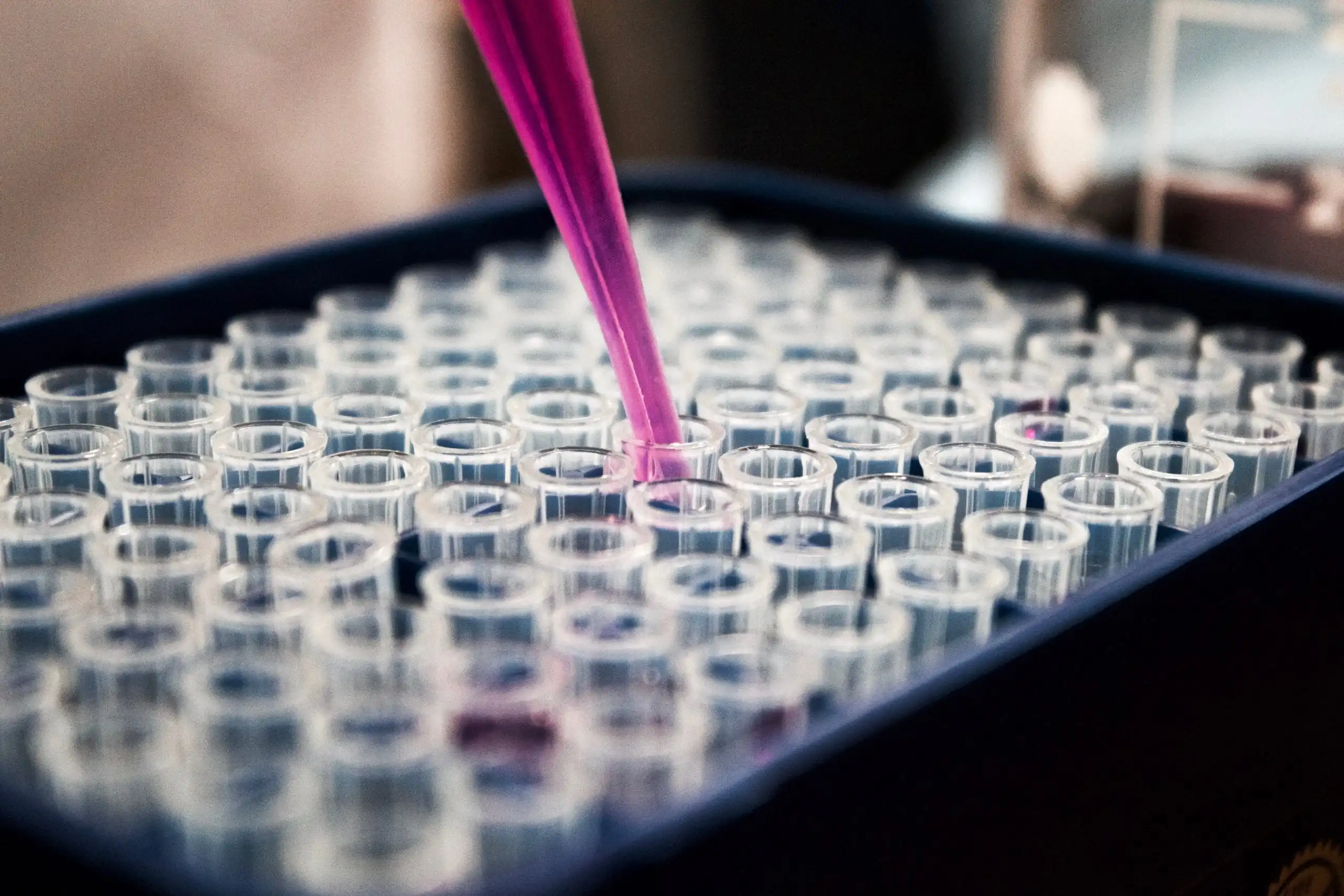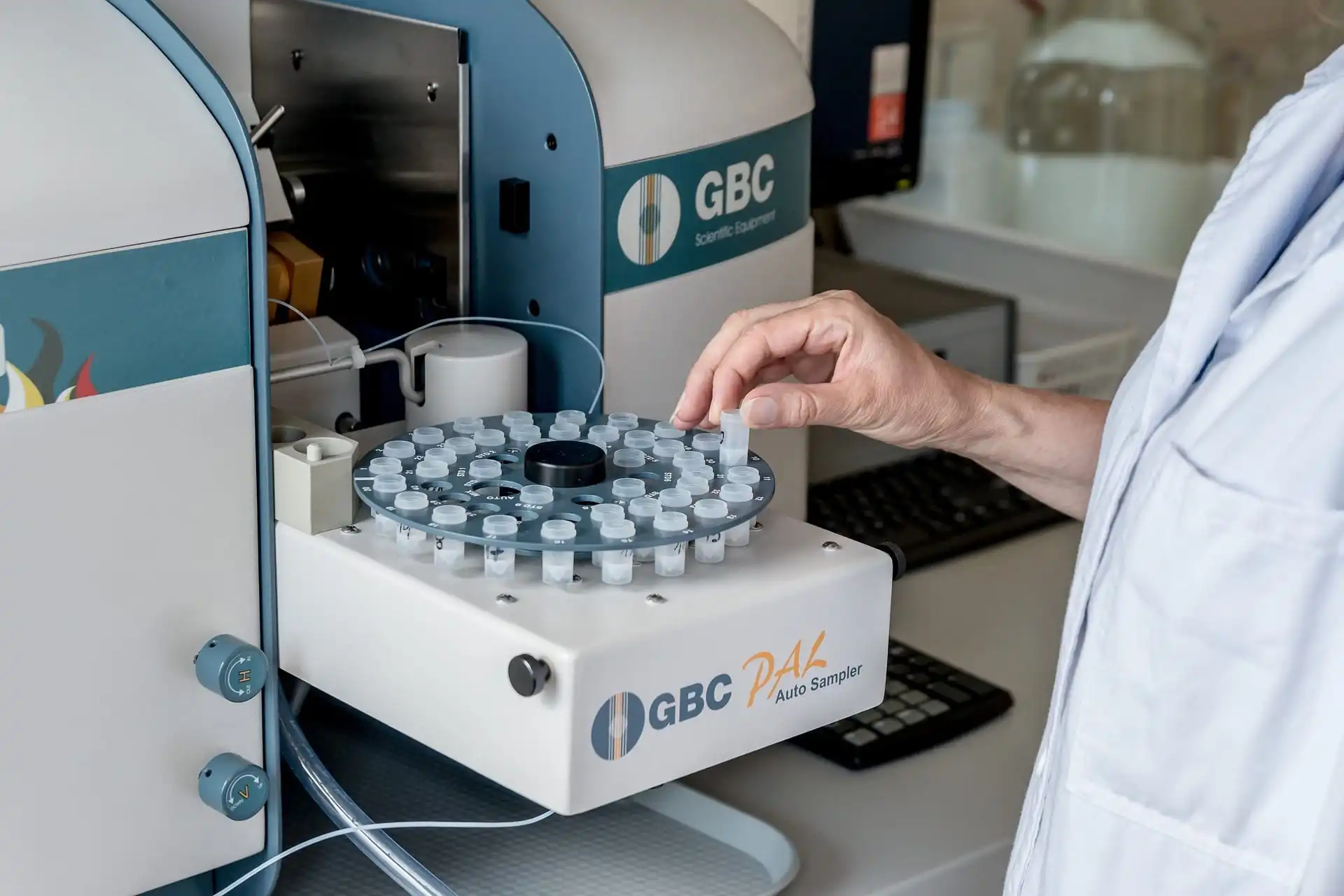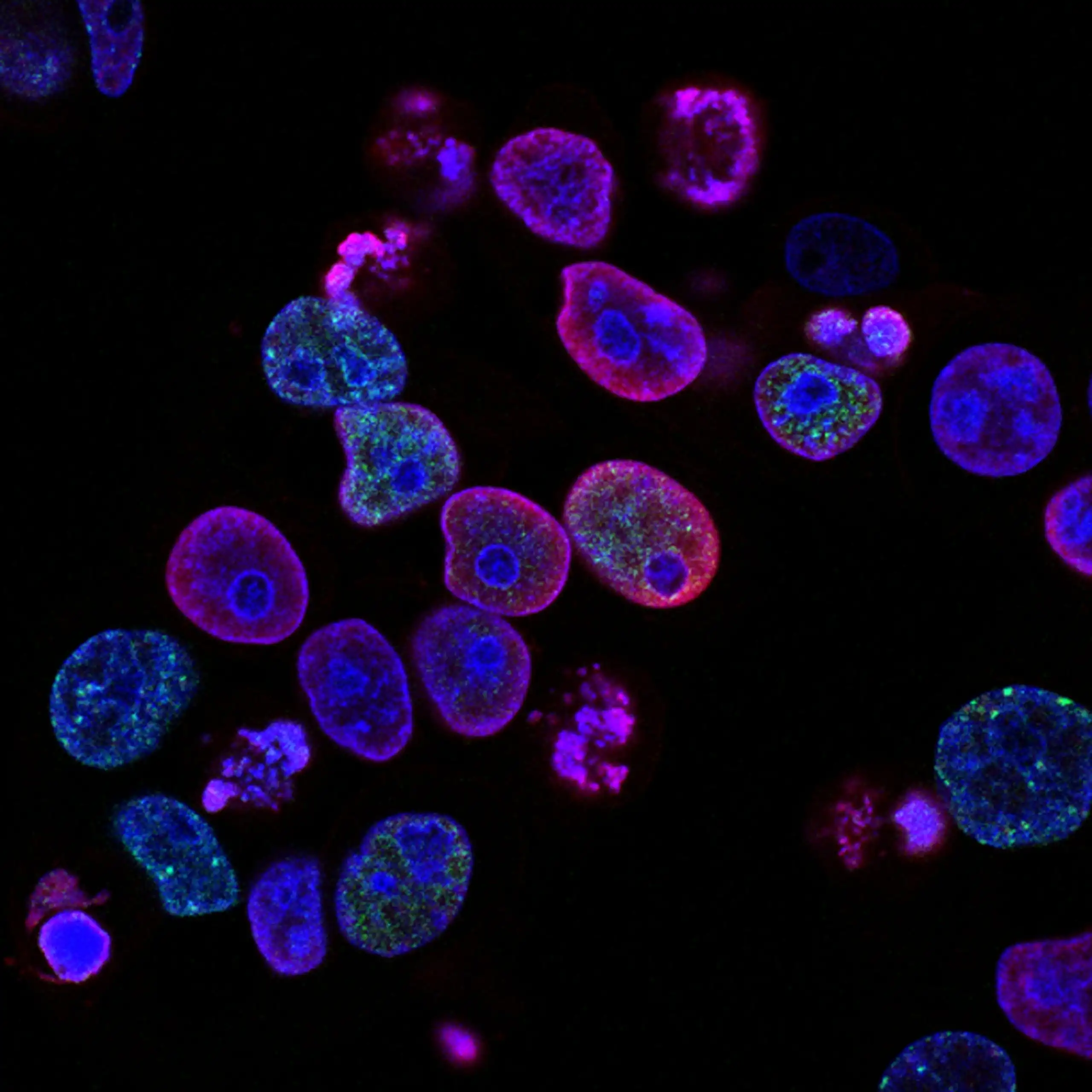
Photo by NCI institute
The global healthcare sector is experiencing a significant transformation that is reshaping the way we approach healthcare delivery, research, and patient outcomes. As we enter the period from 2023 to 2030, the healthcare landscape is poised to undergo substantial changes. In this article, we will explore the key trends, challenges, and opportunities that define the global healthcare outlook for the coming years.
Want to buy GMP API pharmaceutical ingredients ?
MedicaPharma ensures access to GMP active pharmaceutical ingredients across multiple resilient global supply chains. Click here to view a full GMP API product list.
MedicaPharma is capable of supplying all GMP materials needed; our experience with sourcing materials that are difficult to obtain makes us the ultimate choice; just challenge us, we will find any material you need.
Add your Chemical Name below and click GO!
Get your requested raw materials quotation
Table of Contents
1. Digital Health Revolution
The digital health revolution is already well underway, and it is expected to continue reshaping healthcare in the years to come. This transformation encompasses a wide range of technological advancements, including telehealth, wearable devices, remote patient monitoring, and artificial intelligence (AI) applications in healthcare.
– Telehealth: Telehealth has become a cornerstone of healthcare delivery, providing remote access to medical professionals, specialists, and mental health services. The continued expansion of telehealth services will increase access to care, especially in underserved areas.
– Wearable Health Tech: Wearable devices like smartwatches and fitness trackers have evolved beyond step counters. They can now monitor a variety of health metrics, from heart rate and sleep patterns to blood glucose levels. These devices are expected to play a larger role in preventive medicine and early disease detection.
– AI in Healthcare: Artificial intelligence is being employed in healthcare for tasks such as diagnostics, drug discovery, and predictive analytics. AI can analyze vast datasets quickly and accurately, leading to more efficient and accurate diagnoses and treatment plans.
Get your requested raw materials quotation
2. Personalized Medicine
Advancements in genomics and molecular biology are enabling a shift toward personalized medicine. This approach tailors medical treatment to an individual’s genetic makeup, allowing for more effective, targeted therapies. In the coming years, we can expect to see:
– Pharmacogenomics:
Genetic testing will play a more prominent role in determining which medications are most effective for a patient based on their genetic predispositions.
– Precision Oncology:
Targeted therapies for cancer will continue to evolve, leading to better survival rates and fewer side effects.
– Rare Diseases:
Advances in personalized medicine will benefit individuals with rare genetic diseases by providing tailored treatment approaches.
3. Global Health Equity
The COVID-19 pandemic highlighted the existing healthcare disparities on a global scale. As we move forward, there is a growing emphasis on achieving health equity, ensuring that all individuals, regardless of their geographic location or socioeconomic status, have access to quality healthcare. Initiatives and investments in improving healthcare infrastructure, training healthcare workers, and increasing access to vaccines are part of this effort.
Mental Health and Well-being
Mental health has gained significant attention and is expected to continue to do so. The recognition of mental health as an integral part of overall well-being has led to increased access to mental health services, reducing stigma, and the development of innovative treatments. It’s predicted that mental health support will be integrated into broader healthcare systems.
Environmental and Public Health Awareness
The connection between environmental health and public health is increasingly apparent. Climate change, pollution, and other environmental factors have a profound impact on human health. The healthcare sector is becoming more conscious of its role in addressing environmental health challenges and promoting sustainability.
Aging Population
The global population is aging, and this demographic shift presents unique challenges and opportunities for healthcare. The demand for senior care, including geriatric medicine, home healthcare, and assisted living facilities, is expected to grow. The healthcare industry will need to adapt to the unique healthcare needs of the elderly.
Vaccines and Infectious Diseases
Infectious diseases, including emerging threats like the COVID-19 pandemic, will remain a focus in the healthcare landscape. The development and distribution of vaccines, global surveillance systems, and preparedness for future pandemics will be key areas of investment and collaboration.
Healthcare Workforce and Resilience
A robust and adaptable healthcare workforce is essential for addressing the diverse healthcare challenges of the future. Investments in healthcare workforce development, including ongoing training, telemedicine skillsets, and mental health support for healthcare professionals, are crucial.
Get your requested raw materials quotation
Challenges in the Global Healthcare Outlook
While the healthcare outlook from 2023 to 2030 is promising, there are several significant challenges to navigate:
- Access Disparities: Achieving global health equity remains a complex challenge. Barriers to access to care, especially in underserved regions, must be addressed.
- Healthcare Costs: The rising costs of healthcare are a persistent issue. Balancing quality care with affordability is a complex dilemma, requiring innovative approaches to healthcare financing and delivery.
- Data Security and Privacy: The increasing use of digital health tools and electronic health records necessitates robust data security and privacy measures to protect patient information.
- Regulatory Complexities: The healthcare industry operates within a complex regulatory environment. Striking the right balance between innovation and safety is a constant challenge.
Where to Buy CMO-Produced Pharmaceutical Products
MedicaPharma is an EU-based pharmaceutical distribution partner that collaborates with CMOs to provide GMP-certified active pharmaceutical ingredients (APIs) to clients worldwide. Click here for a product list.
Opportunities in the Global Healthcare Outlook
Amid the challenges, there are significant opportunities for growth, innovation, and improvement in healthcare:
- Research and Innovation: Investment in medical research and innovation is likely to yield breakthroughs in treatments, drug discovery, and diagnostic tools.
- Preventive Care: Emphasizing preventive medicine and lifestyle interventions can reduce the burden on healthcare systems and improve overall population health.
- Interdisciplinary Collaboration: Collaboration between healthcare professionals, researchers, and technology experts will drive forward new healthcare solutions and advancements.
- Telemedicine Expansion: The continued expansion of telehealth services offers opportunities for more convenient and accessible healthcare.
Conclusion
As we journey through the years from 2023 to 2030, the global healthcare outlook is filled with both promise and challenges. Digital health, personalized medicine, health equity, and environmental health are driving transformations in the sector. The world’s response to ongoing health crises, the prioritization of mental health, and the aging population are among the significant factors shaping the future of healthcare.
Adapting to these changes will require collaboration, innovation, and a commitment to ensuring that healthcare is accessible, equitable, and effective for individuals worldwide. The global healthcare landscape is evolving, and it is our collective responsibility to ensure that these changes lead to better health and well-being for all.



















